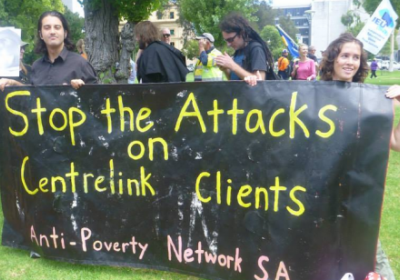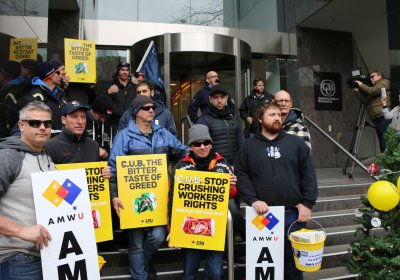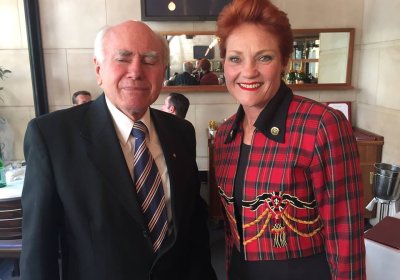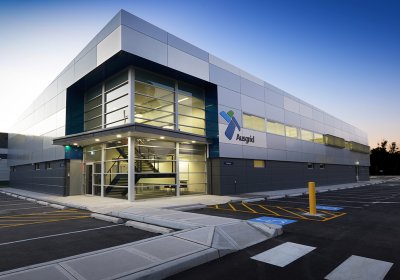On September 20, days after the passage of the “omnibus” legislation that enabled the implementation of the federal budget, Minister for Social Services Christian Porter released the Baseline Valuation Report by PricewaterhouseCoopers (PwC), as part of the federal government’s “Priority Investment Approach”.
In what amounted to a financial audit of the welfare system, the report focused on the costs to the welfare system over a prolonged period of three categories of recipients: young carers, young parents and students.











